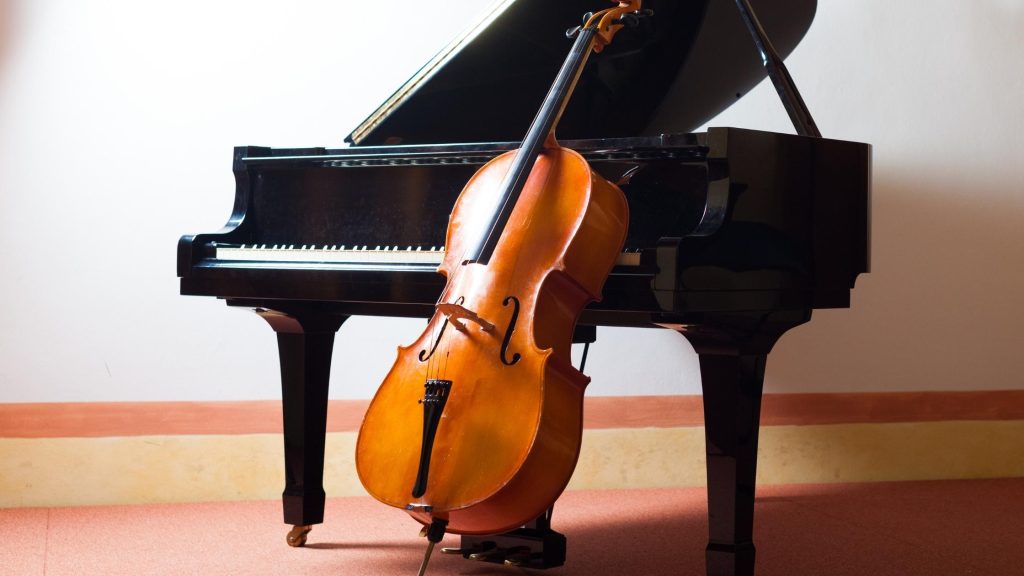Does Playing Classical Music Make Your Baby Smarter?

Every parent wants the best for their children, especially when it comes to their academic career. The Mozart effect was first reported in 1993, and it found that college students who listen to Mozart before a test do better than students that don’t. The effects lasted only fifteen minutes and have always been controversial.
Does playing classical music for a baby make them smarter?
The Mozart effect wasn’t studied in babies. Still, ever since this study was conducted, people have been hopping on the Mozart effect bandwagon, claiming that listening to classical music has benefits.
They’re not wrong. Listening to classical music can provide plenty of physical and mental benefits, including decreasing blood pressure, boosting memory, sparking creativity, and reducing stress levels. Listening to classical music can also put you to sleep and relieve pain.
However, no positive research says that listening to classical music can make babies smarter. Experts advise that it would be better to teach your kid an instrument at a young age rather than allow them to passively listen to music. It has been proven that students who have spent time learning a musical instrument score higher in reading proficiency exams than those who haven’t.
There is no danger in allowing your child to listen to classical music. However, if it takes away time spent interacting with other children or participating in other social activities, it can be detrimental to their growth. While classical music has plenty of positive benefits, it may not be the key to raising a truly intelligent child.